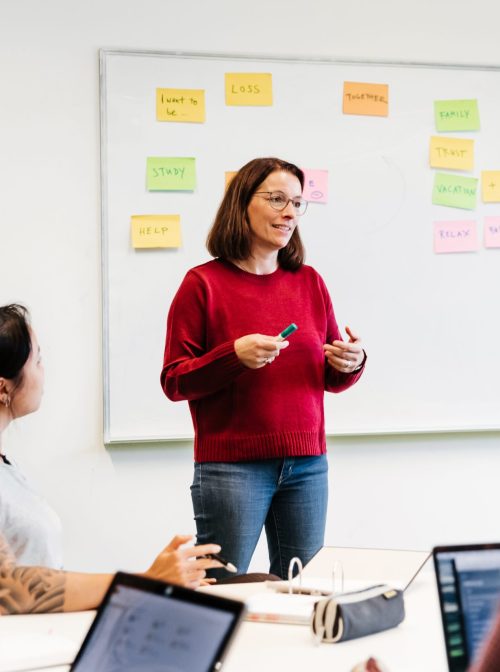My week last week was bookended by two powerful moments that sent me deep into reflection mode. First, a convening where Interfaith America gathered higher education association and bridgebuilding organization leaders on the topic of “Bridgebuilding in Higher Education: Addressing Polarization Together”. And second, a return home to my alma mater for a much-anticipated college reunion.
I was an undergraduate student when I first took a course on the psychology of conflict – specifically, the psychology of the Arab-Israeli conflict. The course fascinated me and drew me into broader questions about what it means to engage across deep divides. I began to develop a frame for understanding how narratives are constructed and the psychology behind the way we “other” those with whom we disagree. That course inspired me to get involved in interfaith activities on my campus, but I thought about “conflict” largely as something that was happening far away in the Middle East and other parts of the world. I could not have anticipated that decades later, polarization would have risen so sharply here in the United States, and that we would have retreated into ideological tribes in the ways that we have – yet here we are.
At last week’s convening in Washington, D.C., we brought together 40 leaders of higher education associations, bridgebuilding organizations, and funders to explore the role that intentional bridgebuilding across deep divides can play in reversing this trend of polarization and creating more connected, vibrant communities where we can find common ground across differences. Participants came from organizations that work with constituents across the campus ecosystem, from students to faculty to administrators to trustees, and each person was highly engaged and deeply committed to this work in their own way.
We explored questions such as: How can university presidents make sure their graduates are equipped to navigate the most challenging civic and professional situations where they need to bridge deep divides? What are the most important individual-level and societal outcomes of bridgebuilding work? How can we cultivate in students a love of American democracy – and commitment to improving it – which can bolster their desire to build bridges across deep divides? Before we ended the day, participants made commitments to write more about this topic, incorporate it into upcoming conferences, and explore partnerships across the organizations present. It was heartening to share space with this diverse group of institutional leaders committed to bridging deep differences, and we look forward to seeing the fruits that will grow from the seeds we planted together.
Visiting my alma mater after the convening reminded me how blessed I was to have had an undergraduate college experience where I was encouraged to push the boundaries of my thinking, to expose myself to ideas and perspectives that deeply challenged me, and to build genuine friendships with people from different religious and cultural backgrounds. It is a true privilege to carry on that work with Interfaith America, and to be partnering with higher education associations and bridgebuilding organizations across the country who are committed to this vision together.




